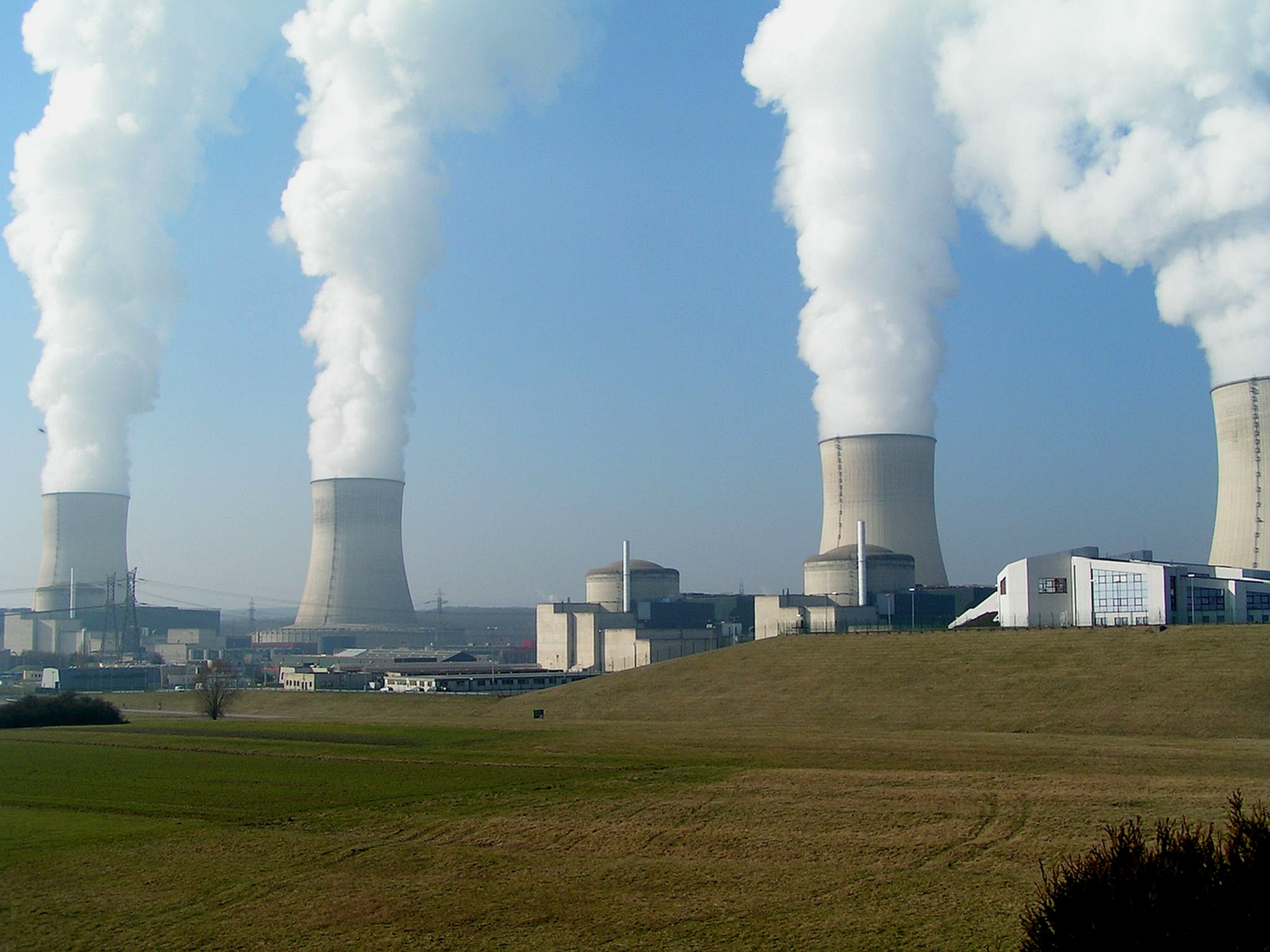Nuclear engineering stands as a formidable bastion of modern technology, akin to an intricate symphony where each instrument plays a crucial role in harmonizing the forces of nature to our benefit. As the world grapples with the escalating demand for energy and the dire consequences of climate change, nuclear engineering emerges as a field that not only promises innovation but also faces its own set of ethical dilemmas, challenges, and opportunities. This discourse deconstructs the question: Is nuclear engineering a good field?
First and foremost, the most remarkable allure of nuclear engineering lies in its potential for substantial impact. Unlike fossil fuel-based energy sources, nuclear power represents a paradigm shift towards sustainable energy production. The unparalleled energy density of nuclear fuel exemplifies this principle; a mere gram of uranium can yield energy equivalent to that produced by several tons of coal. Therefore, nuclear engineering offers a unique opportunity to contribute to the fight against climate change, mitigating the threat of global warming while ensuring a stable energy supply.
However, this promising narrative is interwoven with complexity. Engineering nuclear systems deftly requires a rigorous understanding of physics, thermodynamics, and fluid mechanics, demanding intellectual tenacity. The educational journey for aspiring nuclear engineers typically encompasses a comprehensive curriculum, blending theoretical knowledge and practical application. Topics such as reactor design, radiation protection, and nuclear physics germinate a fertile ground for critical thinking and innovation.
The challenge is akin to navigating a labyrinth, where every turn presents new questions and potential perils. A facility’s design or operation can reverberate through entire communities, making safety paramount. Nuclear engineers are charged with the responsibility to anticipate hazards and devise sophisticated safety protocols that can avert catastrophic outcomes. The Chernobyl disaster serves as a poignant reminder of the stakes involved; hence, an astute understanding of safety culture is indispensable in the training of nuclear engineers.
Moreover, the evolving landscape of energy production amplifies the field’s dynamism and potential for career advancement. With the waning dominance of fossil fuels, many countries are re-evaluating their energy portfolios, looking towards nuclear power as a sustainable solution. The emergence of advanced reactor designs, such as Small Modular Reactors (SMRs) and Generation IV reactors, highlights an exciting frontier within nuclear engineering. These technologies promise not just enhanced safety and efficiency but also the potential for integration with renewable energy sources, ensuring a diversified energy matrix.
Intriguingly, the interplay of nuclear engineering with policy and governance introduces another layer of complexity. Engineers in this field are not only inventors and problem solvers; they must also navigate the political landscapes that shape energy production. Understanding the regulatory frameworks that govern nuclear energy can significantly enhance the effectiveness of engineering solutions. This nexus between technology and policy highlights the need for nuclear engineers to engage in interdisciplinary collaboration, fostering a dialogue that spans the technical and the political realms.
The economic implications of pursuing a career in nuclear engineering are equally noteworthy. The promise of robust job opportunities is scintillating. As older generations of engineers retire and new projects emerge, the demand for skilled professionals will likely surge. This not only augurs well for job security but also opens avenues for research and development, leading to innovations that could transcend current limitations. Furthermore, as nuclear power becomes more prevalent, the potential for diverse career paths—from design and development to regulatory affairs—renders the field particularly attractive.
Yet, it would be remiss not to acknowledge the societal apprehensions surrounding nuclear power. Perceptions of nuclear energy are often colored by its association with disasters and concerns over radioactive waste. The quest for societal acceptance of nuclear technology represents a formidable challenge that nuclear engineers must confront. Addressing public fears through transparent communication and education is essential. Engaging with communities to foster understanding can transform apprehension into acceptance, ultimately strengthening the role of nuclear power in the global energy mix.
Moreover, the ethical considerations inherent to nuclear engineering cannot be overlooked. As stewards of a technology with profound implications for humanity, engineers bear a moral obligation to weigh their actions against the potential consequences. The dichotomy of harnessing nuclear energy for good versus its potential misuse necessitates a strong ethical foundation in engineering education. Promoting ethical discourse and decision-making in nuclear engineering curricula ensures that future professionals are equipped to navigate these treacherous waters responsibly.
In conclusion, nuclear engineering defines a tantalizing intersection of science, technology, ethics, and policy. While fraught with challenges, the potential rewards surge like nuclear fission itself—significant and transformative. A career in nuclear engineering promises not only intellectual fulfillment but also the opportunity to make lasting contributions towards a sustainable future. As the world transforms its energy landscape, nuclear engineering stands at the forefront, beckoning passionate and diligent individuals to harness its capabilities. Therefore, one must undoubtedly conclude that nuclear engineering—especially in an era desperate for innovative solutions—is not merely a good field; it is an essential path to explore in our quest for energy sustainability and technological advancement.












